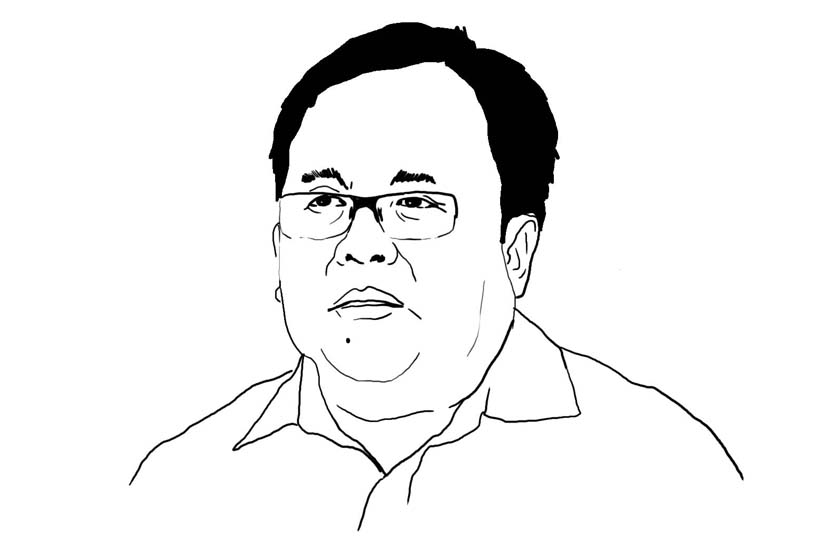REPUBLIKA.CO.ID, JAKARTA -- The government would attempt to adopt the 'money follows program' approach while allocating budgets to ministries and state institutions starting next year, Finance Minister Bambang Brodjonegoro stated here on Tuesday.
"We have decided to implement it in 2017, hence we need support, so the idea could be realized next year," he stated at a meeting with the House's Commission XI.
During the drafting of the 2017 Government Work Plan, the government has begun applying the money follows program approach. Under the third program, emphasis is being laid on priority programs, and allocation of the budget is not determined by the functions of the ministries or state institutions as in the case of the money follows function approach, the minister explained.
Bambang remarked that the money follows program approach would lead to fluctuations in the budgets of several ministries and state institutions as the government had identified 23 priority programs.
The minister explained that under the money follows program scheme, the budgets of 20 ministries and state institutions would decrease and those of 59 ministries and state institutions would increase, while those of eight others would remain unchanged.
For 2017, the indicative ceiling proposed by the government is Rp769.3 trillion, which is lesser than this year's Rp787.4 trillion due to larger allocation of transfers to the regions.
"Under the money follows function approach, they could seek a raise or maintenance of their budgets. Based on the money follows program approach, ministries and state institutions would not be allocated budgets automatically," he pointed out.
Bambang stated that based on the money follows program approach, several ministries would be involved in the implementation of a priority program. For instance, the food sovereignty program may involve not only the Ministry of Agriculture but also the Ministry of Public Works, Bulog, and the Directorate General of Customs and Duty of the Ministry of Finance, as well as other ministries and state institutions.


